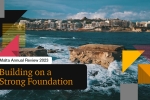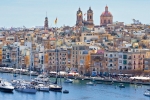Grow here. Go further.
Discover Malta
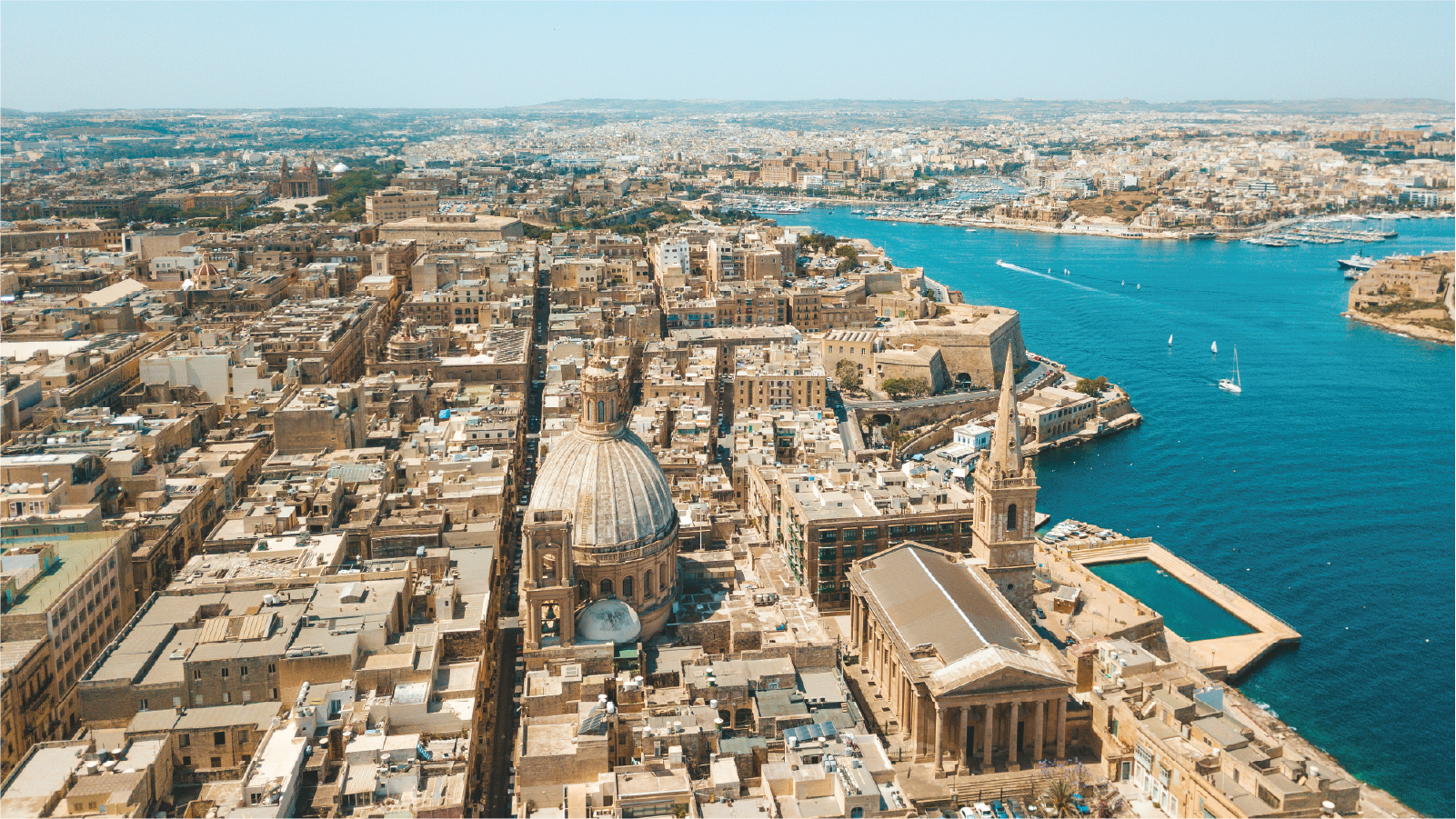
Considering a move to Malta? Discover why this Mediterranean gem could be the perfect next step in your career adventure. With its warm sunny weather, attractive beaches, thriving nightlife, and a captivating history spanning 7,000 years, Malta promises an abundance of experiences.
Why Malta?
Sun, sea and more
With over 300 days of sunshine a year, Malta’s bright skies and 28°C summer days make it easy to enjoy the island life. Expect long sunny days, beach escapes and time to truly unwind.
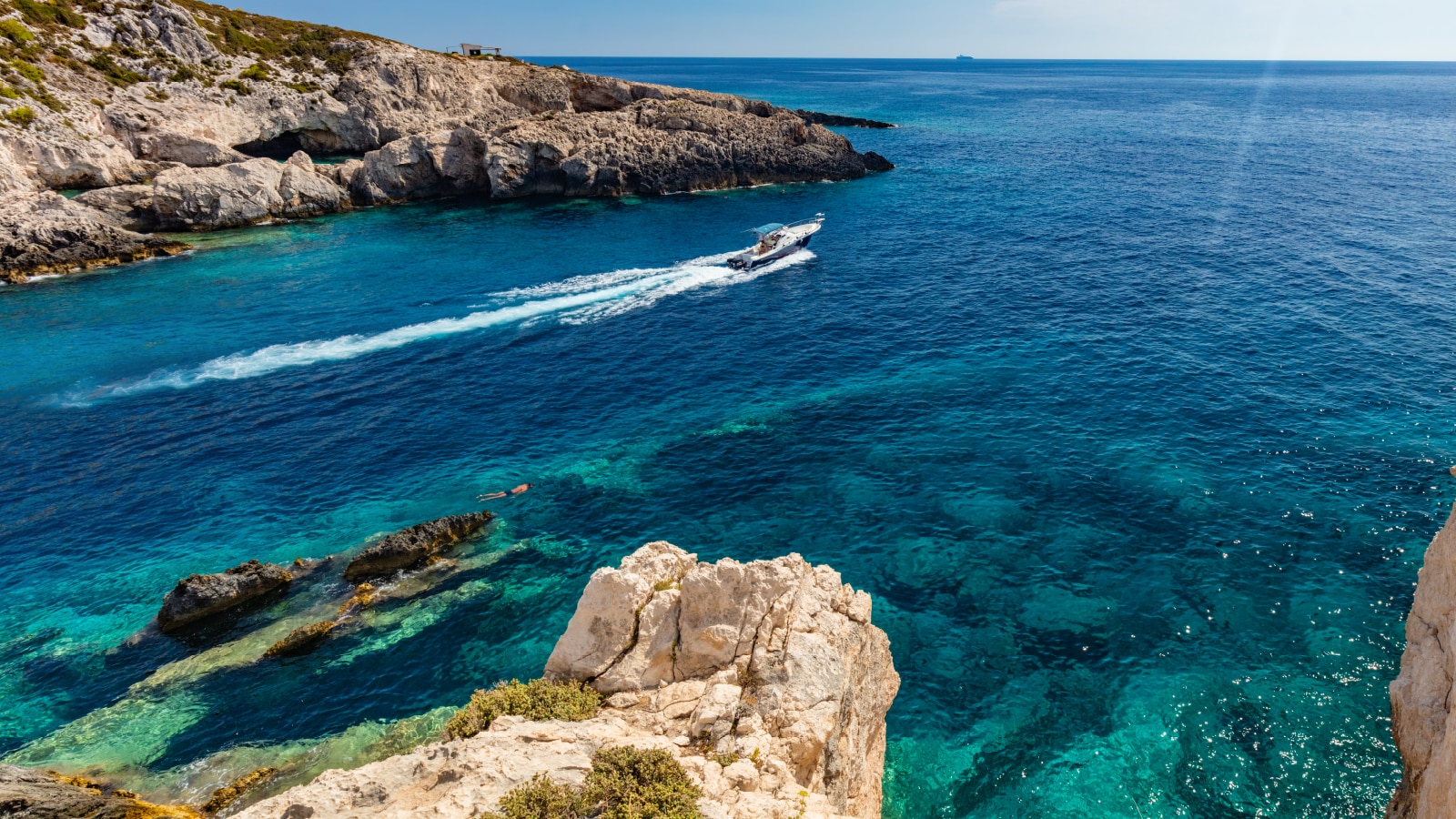
7,000 years of history
Step into Malta’s rich past; from ancient temples to baroque cathedrals and the UNESCO-listed capital Valletta. Culture lives in every corner of the islands, and history is just part of everyday life.
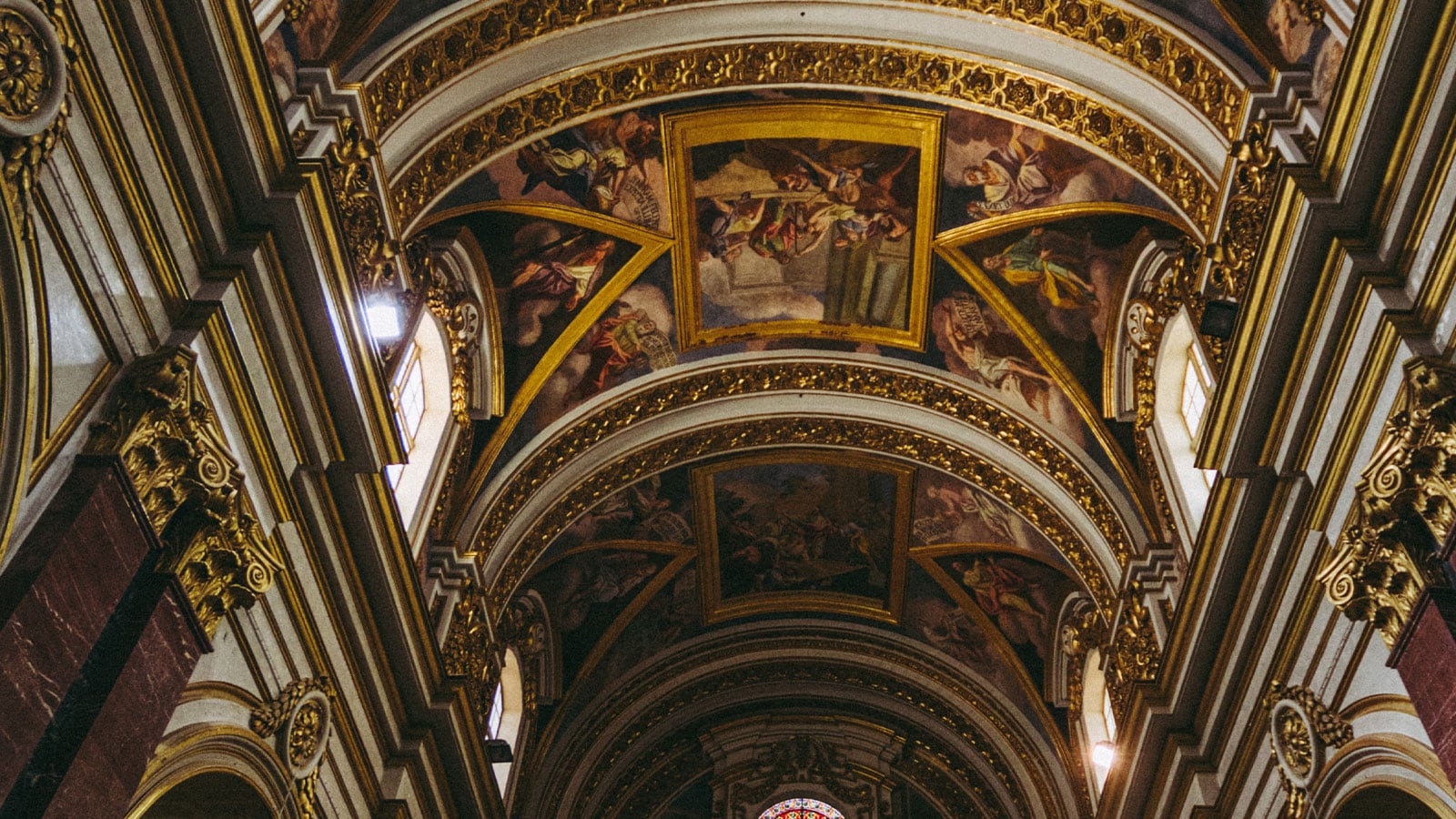
Affordable living
From cost-effective groceries and meals out to budget-friendly fashion and transport, you’ll find it easier to enjoy more; without spending a lot more.
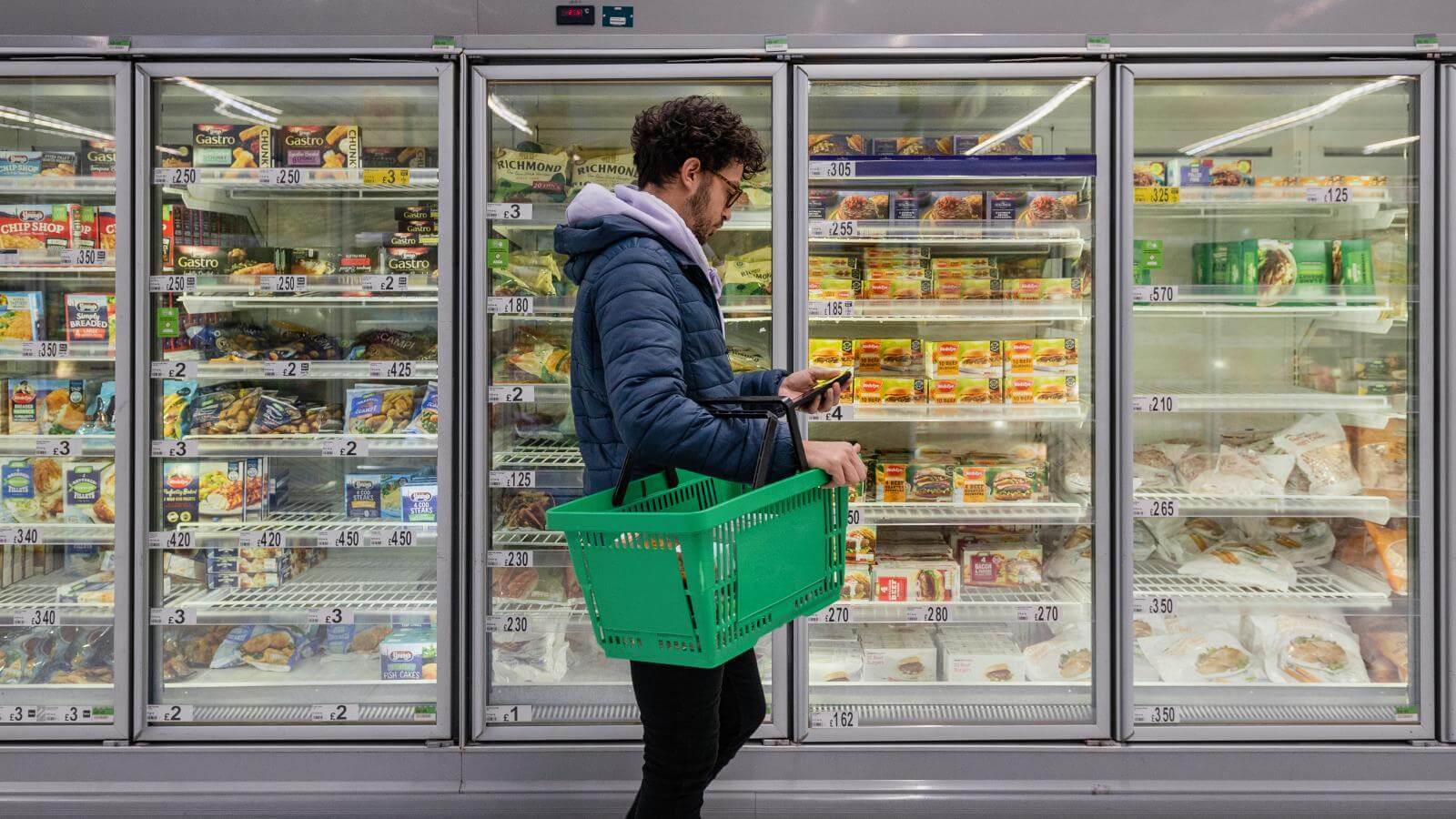
Well connected destination
Malta’s strategic location means Europe and North Africa are just a short flight or ferry away. Whether you're travelling for work or weekend getaways, you're always well linked.
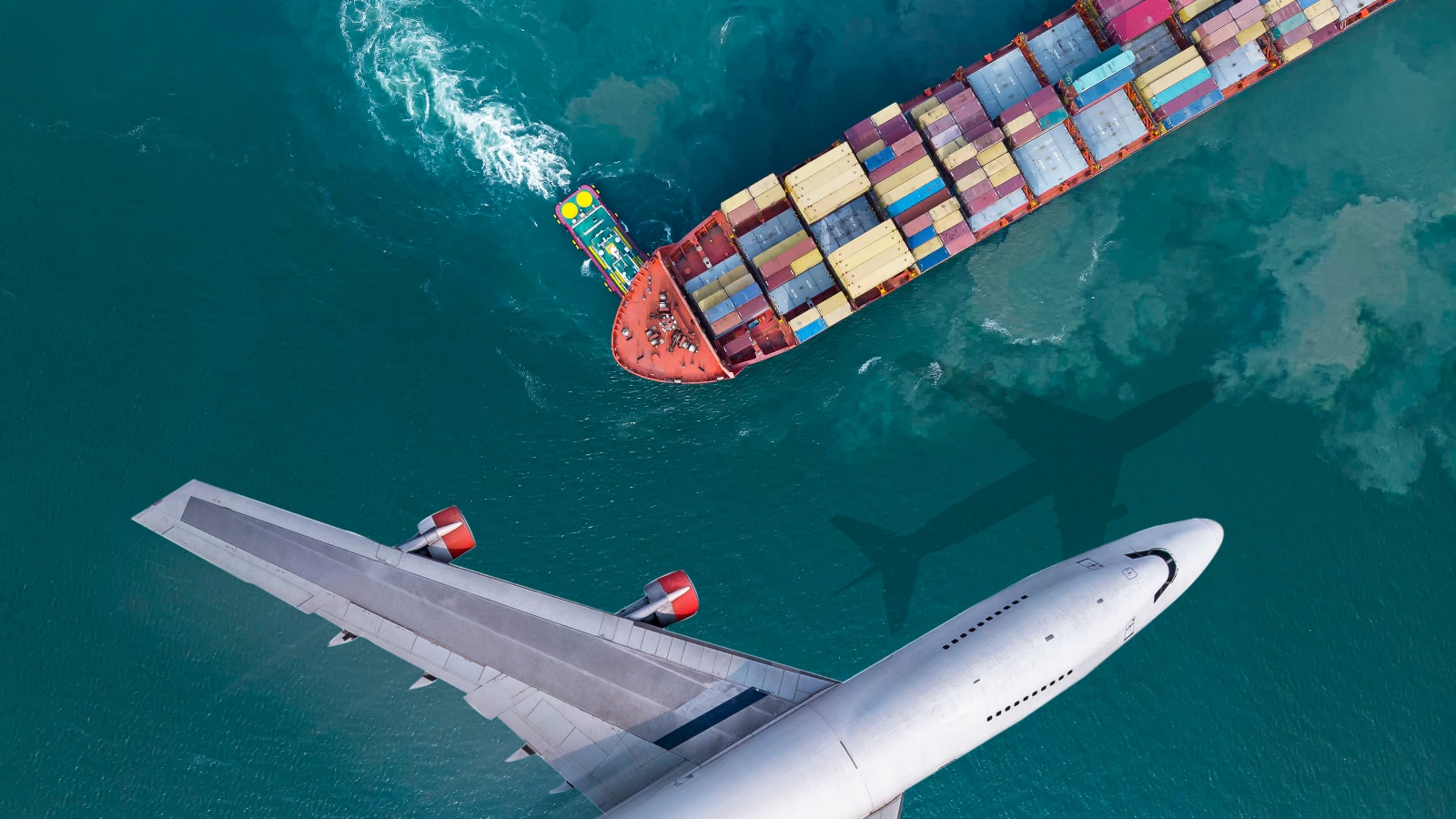
Why PwC?
Shape your future. Feel at home.
At PwC Malta, we’re proud to welcome people from around the world into a culture built on inclusion, learning and support. Whether you're relocating from Europe or beyond, we’ll help make your transition smooth, with guidance on visas, permits, housing and local life.
From your very first day, you’ll be part of a warm, welcoming workplace. Our onboarding programme includes an office tour, introductions to your team, and insights into Maltese life; so you can settle in and start strong.
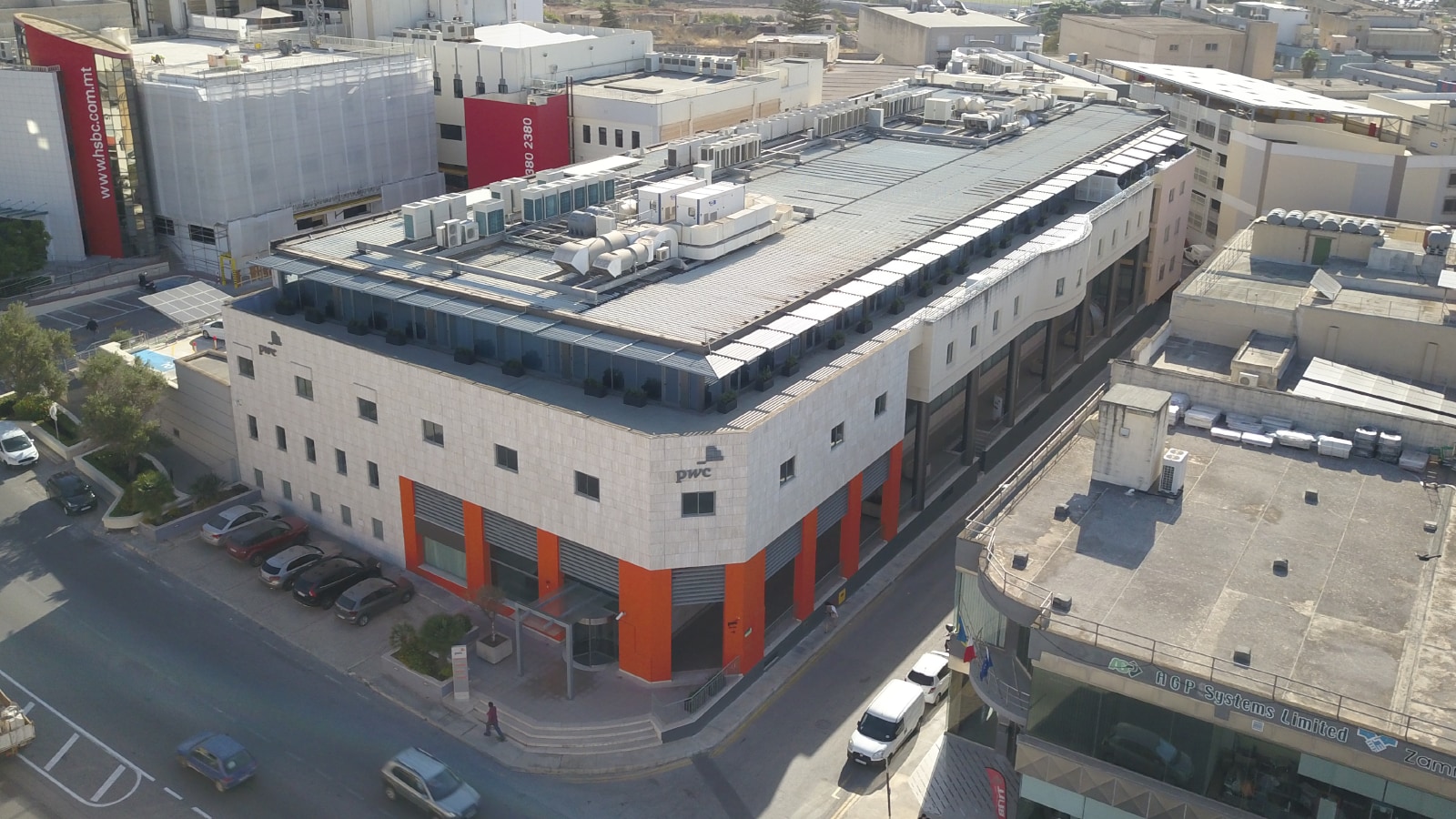
Find your rhythm in vibrant Malta.
From water sports and hiking trails to cultural events and peaceful escapes, Malta offers something for everyone. Whether you're an adventurer, a foodie or a weekend explorer, the lifestyle here is as rewarding as the work.

A place where you can grow and belong.
Malta’s official languages, Maltese and English, make it easy to integrate. It's a safe, inclusive and multicultural place to live and work. At PwC Malta, you’ll join a diverse team in a collaborative environment where people genuinely support one another.
Our culture is built around trust, teamwork and celebrating what makes each of us unique. We’re committed to creating a workplace where everyone feels seen, heard and empowered to succeed.
Learn more about Diversity at PwC Malta
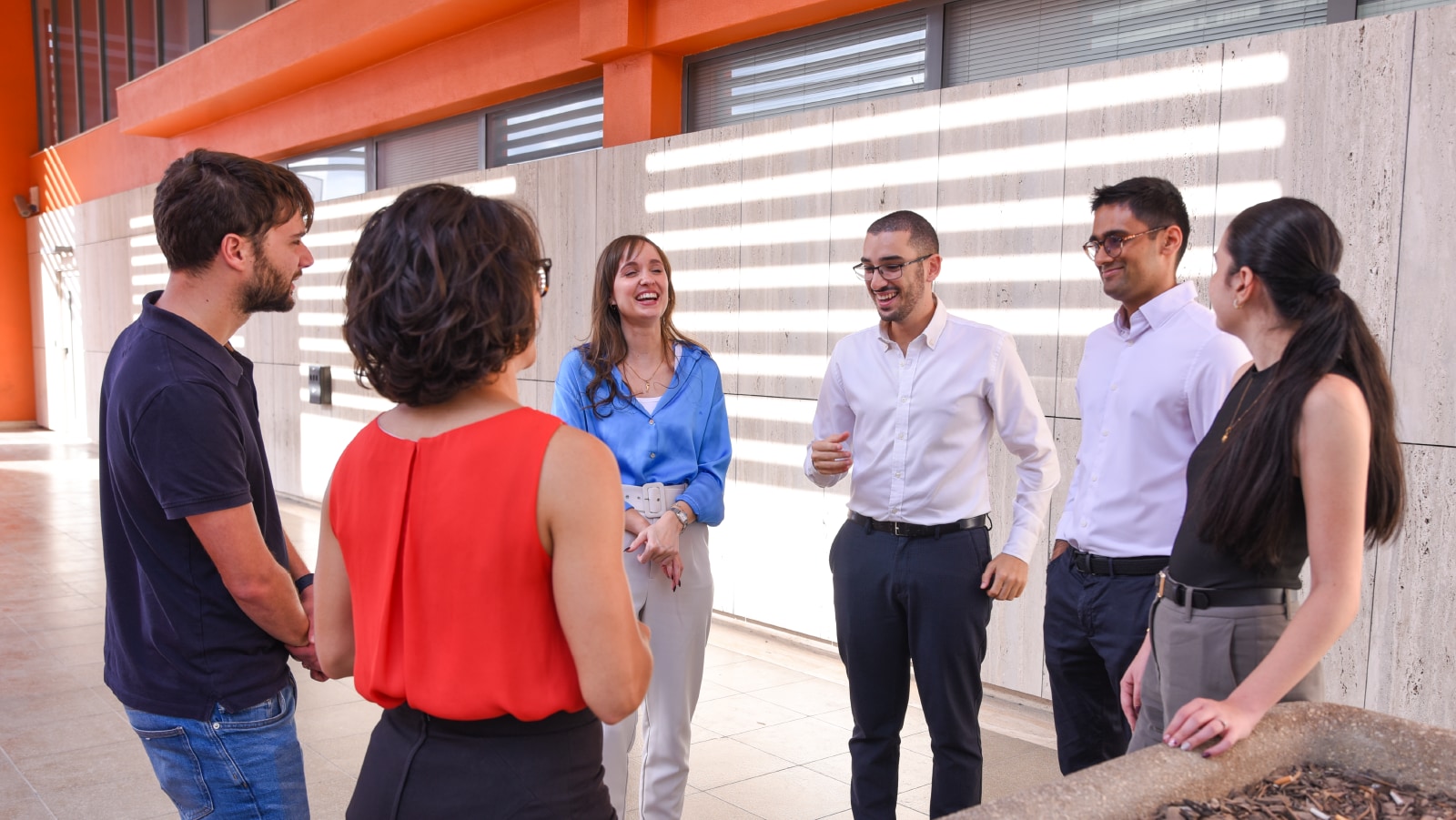
explore malta
Explore the Maltese islands
Are you ready to start your journey?
We’re always looking for new perspectives.
At PwC Malta, opportunity is open to all, wherever you’re coming from. With 30% of our people coming from 35+ countries, we know the value of different experiences and fresh ideas.
Look at our current vacancies. Your next chapter could start here.
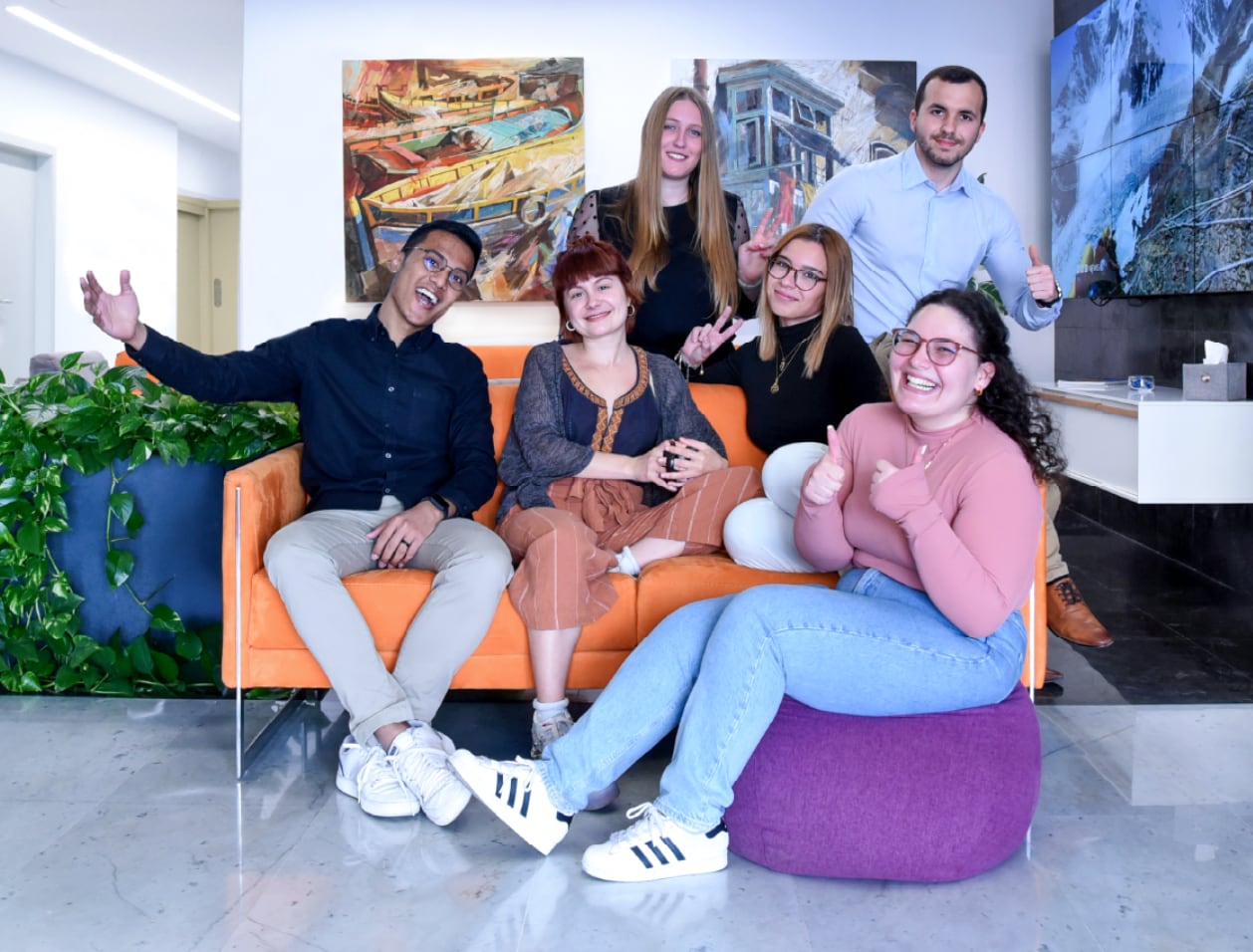
Explore exciting careers at PwC and unlock your potential
Discover the latest job opportunities and join a community of solvers, innovators and leaders
Contact us



